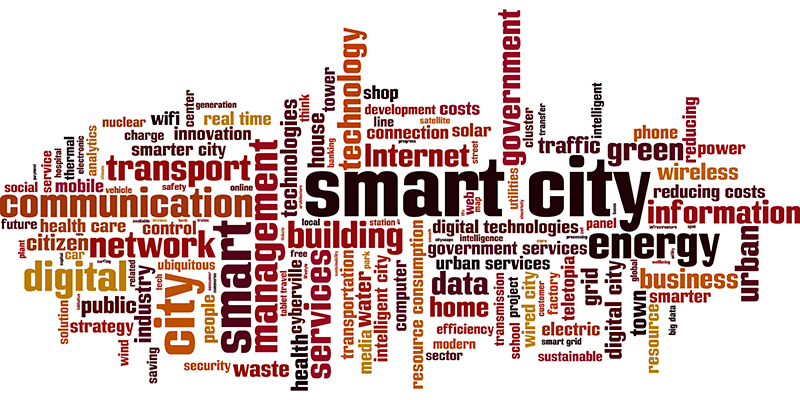Smart cities and communities
February 03, 2016
Researchers from the Department of Tourism and Service Management have been awarded a prestigious European Union-funded project on the emerging hot topic ‘Smart Cities and Communities’. The international project will be lead by MU’s Dr. Irem Önder, with partners from NHTV Breda University of Applied Sciences (Netherlands), West Norway Research Institute (Norway), and Worldline Iberia SA. (Spain), and additional support from MU president Karl Wöber.
Dr. Önder and co. have made a selection of cities which are making steps toward ‘smart’ practices around Europe. Over a 36 month period beginning March 1st, 2016, they will focus on Amsterdam, Netherlands; Darmstadt, Germany; Belgrade, Serbia; Göteborg, Sweden; Stavanger, Norway, and Valencia, Spain.
‘’Tourism can be a double-edged sword, it brings revenues to the host cities on one hand, and on the other hand it can create overcrowding or environmental issues such as high CO2 emissions due to transportation. With this project we would like to create guidelines for cities to have more sustainable solutions to these types of problems and improve urban tourism’’ Says Dr. Önder.
Project Full Title: Implementing energy efficient and social urban tourism solutions and creating citizen empowerment through Smart City Hospitality
Abstract:
Urban tourism contributes to (local) economic prosperity, but also creates negative consequences such as CO2 emissions and pollution, overcrowding, traffic jams, noise and touristification of the city, thereby harming liveability for both residents and tourists. This project introduces the Smart City Hospitality concept, consisting of guidelines and tools, that can support cities to make the transition towards environmentally and socially responsible tourism that simultaneously contributes to long-term (economic) prosperity. Through combining hospitality principles, simulation tools, apps and serious gaming techniques, this concept supports policymakers in generating deep reflections about barriers to sustainable urban tourism and the need for transition or adaptation strategies. It supports assessment of intervention strategies based on an interactive simulation-supported multi-stakeholder approach that triggers social learning and behaviour change, while stimulating shared governance and smart citizenship. This project develops, tests, validates and refines these guidelines/ tools and the full concept through a series of living labs and field experiments in participating cities. What is more, a Smart City Hospitality network is set up and installed to ensure accessibility to this concept, including all tools and experiences with using them, for other cities and to facilitate collaborative learning within a continuous process of refining this customizable approach.
This project develops Smart City Hospitality guidelines and tools for cities that could help them find solutions to overcrowding, pollution, noise and numerous other problems that is caused by tourism and actively involve the public in doing so. The latter is crucial, because improving liveability of a city for its residents cannot be done without taking their needs and wants into account. Ultimately, this could change city tourism into something that benefits tourists, residents and the environment.
Congratulations to Dr. Önder on winning this highly competitive funding!





